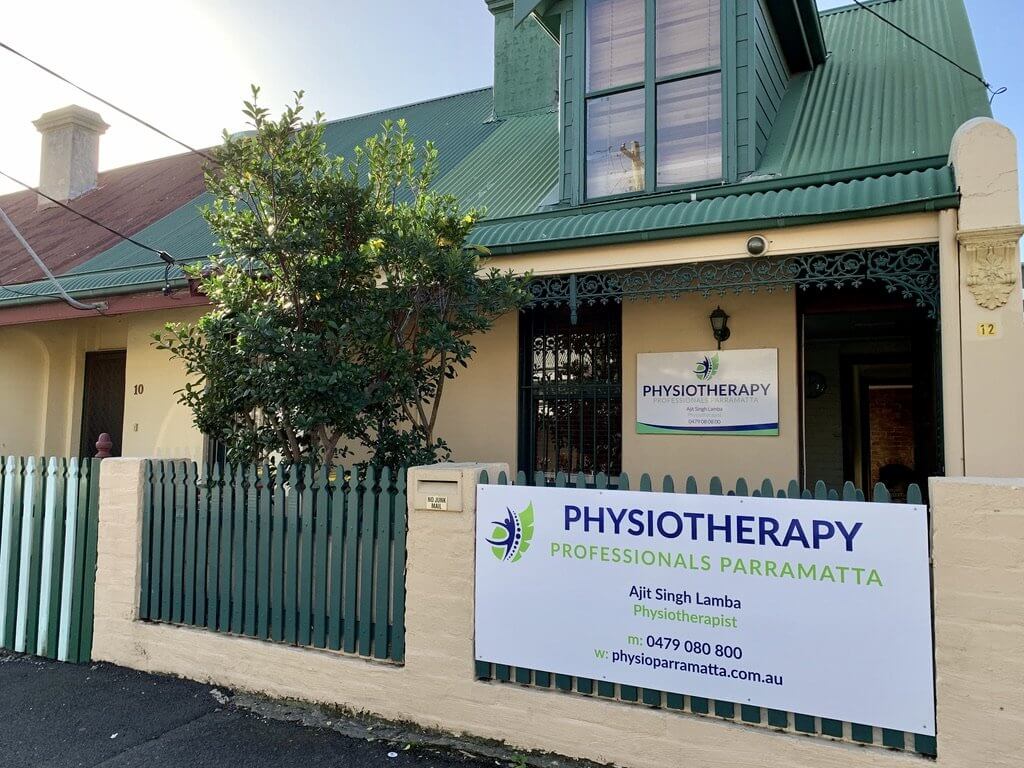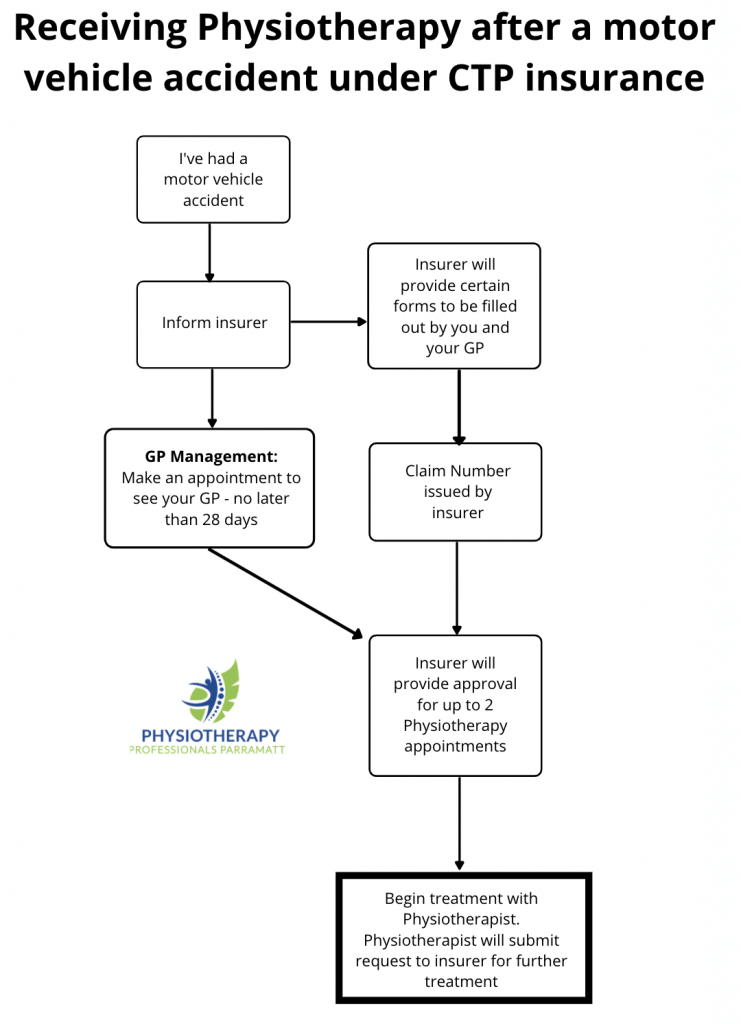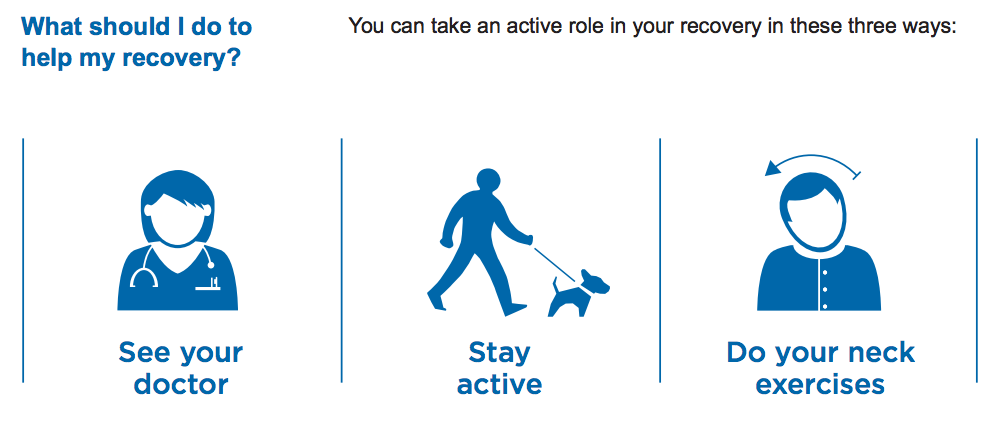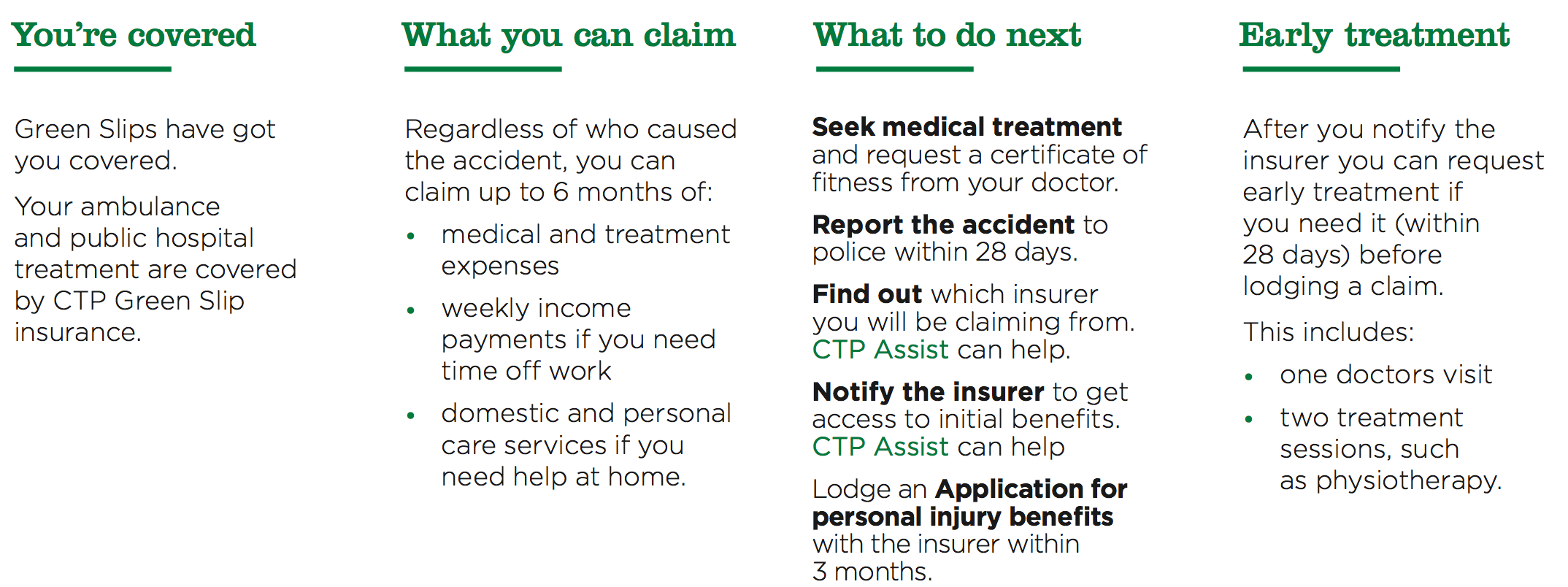How to treat whiplash

How to Treat Whiplash
Physiotherapy Professionals Parramatta provides help for whiplash and whiplash neck sprain to Parramatta and surrounding suburbs.
What is a whiplash?
A whiplash neck sprain occurs when your head is suddenly jolted backwards and forwards in a whip-like movement usually caused in motor car accidents known as a “rear-ender”. These movements generate considerable force, typically causing the neck to move far beyond the normal range of movement and causes damage to the delicate supporting structures of the neck. Whiplash is effectively a sprain of the joints in the neck – Physiotherapists refer to this as a vertebral dysfunction.
Whiplash can also result from forceful sporting injuries that cause similar stress to the neck joints, ligaments, muscles and discs.
Who gets whiplash?
Whiplash neck sprains are common. About 2 in 3 people involved in car accidents develop neck pain (with or without other injuries). Many people are surprised with the onset of neck pain following even minor accidents some hours following the accident. It is important to note that even minor car bumps can cause enough whipping of the neck to cause symptoms. Less commonly, whiplash can result from everyday mishaps such as jolting your neck when you trip of fall.
Symptoms of whiplash
The symptoms of whiplash will vary person to person, the following represent the most frequently noticed effects of whiplash.
- Pain in the neck
- Head feels too heavy for the neck
- Reduced neck movement
- Neck stiffness
- Pain into the shoulders and arms
- Tingling in the arms and fingers
- Dizziness, headache, blurred vision and pain on swallowing
- Irritability and difficulty to concentrate
How to treat whiplash:
Physiotherapy management of whiplash is extremely effective. All Physiotherapy care initially consists of a through history, orthopaedic, neurological and spinal examination to determine the exact location of your neck pain. Diagnostic imaging such as Xray, CT, MRI and postural scans may also be required to fully assess any damage.
Treatment consists of reducing pain and inflammation and stabilising your neck to prevent further damage. Ice and heat are perhaps the best natural modalities and can be very soothing when your neck is painful.
If you are able to support your head and neck, it is especially important to keep your neck mobile rather than immobilizing it in a soft cervical collar. Studies have shown that you are more likely to make a quicker recovery if you do regular neck exercises, and keep your neck active rather than resting it for long periods in a collar.
As your pain decreases, and your stability improves, your physiotherapist will massage and gently mobilize your spine to help improve your neck function and reduce nerve pressure.
Some other helpful advice is to avoid poor neck posture during your daily routine and to use a firm supporting contoured pillow when sleeping.
Whiplash responds very well to Physiotherapy treatment, with most people experiencing significant improvement within weeks of beginning care.
How Physio Parramatta can help you:
Physio Parramatta has a proven and effective treatments for whiplash injuries including relieving headaches, using hands-on techniques to restore normal movement and relieve pain, exercises to regain normal strength and length of muscles, and massage to reduce muscle tension. We will also discuss and advise you on your gradual return to normal activity, exercise and work. A major focus of the treatment of whiplash associated disorders is specific exercises designed to restore muscle control and support around the neck whilst also improving postural control and preventing unnecessary postural strain.

How to treat whiplash: Whiplash Management Guide
Car accidents (MVA) can happen any time and can cause a lot of headache and grief. CTP insurance (compulsory third party insurance) may cover for your Physiotherapy treatment. Physiotherapy After a Motor Vehicle Accident is crucial and can prevent long term spinal complications.
Please note, prior approval from your CTP insurance company is required. You will also need to visit a GP after your accident, before you can be seen by a Physiotherapist. Not all symptoms will appear immediately after the accident, some symptoms and pains can develop a few days after the accident has taken place. The body often goes into “protection mode” for safety to prevent further damage after an accident. Once the body starts to relax, the pain will will become more apparent.
Steps to take after a car accident:

- Contact 3rd party insurance provider
- Fill out appropriate forms (Your GP may need to fill a form regarding your injury)
- See your GP as soon as possible (Within 30 days after your accident)
- Contact your Physiotherapist with claim number issued by insurance company
Do I Have To Pay for Treatment?
No, we will bill the insurer if all of the following exists:
- Valid claim number from your insurance company
- Approval letter or email for Physiotherapy from the insurance company
Contact Physiotherapy Professionals Parramatta. We will assist you with pain management and get you back on track as soon as possible.
If you’ve had a motor vehicle accident and are currently suffering from symptoms, get in touch with Physiotherapy Professionals Parramatta. If you are unsure of the process or where to go, we can guide you through the process and direct you on the right path.
Contact Us:
Contact us today on 0479 080 800 to make a booking. Alternatively you can email us on [email protected]. Our Physiotherapists are Medicare, NDIS, DVA and Work Cover approved, specialising in injury management and rehabilitation to get you back to full function.

Links:
CTP Insurance Physiotherapy Claims
What to do after a car accident
Physiotherapy After A Car Accident
I Was Injured in a Car Accident. Do I Need to see a Physio?
Car Accident Injury And Treatment
Car Accident Injuries & Treatment: What to Expect Physically After an Accident
Whiplash: What You Should Know About This Common Car Accident Injury

